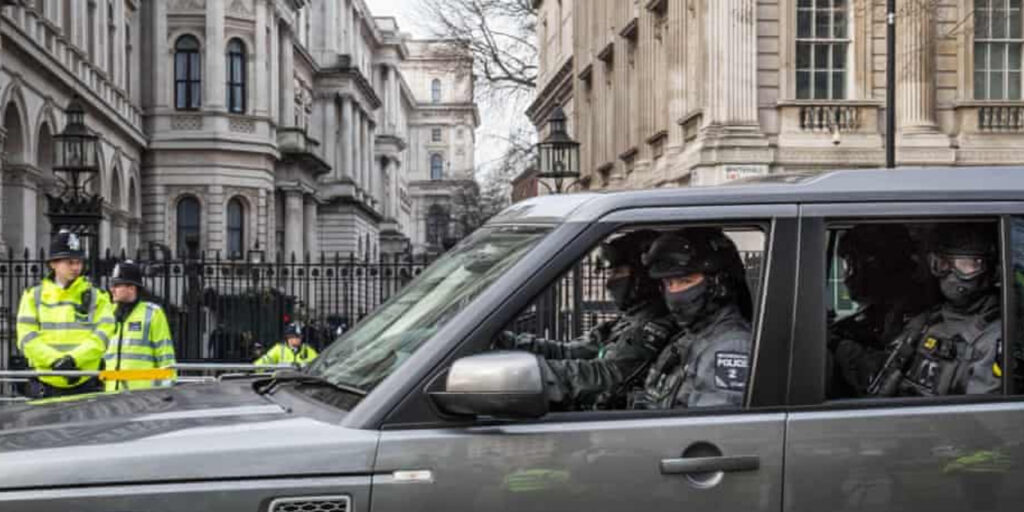The UK government is planning to launch a new national counter-terrorism police force as part of the most significant policing reforms since the 1960s. This newly proposed body would centralize efforts to combat terrorism and serious organized crime, marking a potential departure from the current structure that relies on 45 local police forces.
Plans are being developed to move counter-terrorism policing (CTP) away from the Metropolitan Police and place it under a new force that would operate across England and Wales. The initiative would be supported by a newly established national centre for policing, aimed at strengthening national coordination and modernizing law enforcement to address today’s more complex, global threats.
A Major Shift from Metropolitan-Based Counter-Terrorism
Currently, CTP is headquartered in London and led by the Metropolitan Police’s assistant commissioner for specialist operations. However, this structure is seen as outdated by many insiders, as national security concerns now demand more unified and scalable solutions.
The working group behind the proposed transformation—known as the Joint Reform Team—includes the National Police Chiefs’ Council (NPCC), the College of Policing, His Majesty’s Inspectorate of Constabulary, police and crime commissioners, and senior civil servants. They are reportedly “modelling” various structures, including the creation of a new UK-wide police agency akin to the FBI in the United States.
Benefits of a Centralized Terrorism Response Force
One of the primary goals of creating a national counter-terrorism police force is to boost recruitment and retention, with CTP currently operating at a deficit of nearly 900 officers. Many recruits are reluctant to join under the current arrangement, which places them under the troubled Metropolitan Police and often requires relocation to expensive London.
Supporters of the reform argue that a separate national agency could stabilize workforce numbers, reduce bureaucratic fragmentation, and enhance Britain’s ability to counter violent extremism and foreign espionage.
A Broader Vision for Policing Reform
The new force may also take on additional national responsibilities, including serious organized crime, riot control, and strategic police performance improvements—especially in protecting women and girls from violence.
A December report by HM Inspectorate of Constabulary highlighted delays and inefficiencies in deploying riot-trained officers during recent unrest across England. A follow-up report is expected to reiterate calls for a national coordinating role to ensure rapid deployment of officers during crises.
Challenges to Reform and Local Policing Concerns
Despite the potential benefits, the reforms have sparked concerns about local police forces losing autonomy and facing increased central government influence. Some experts emphasize that effective counter-terrorism relies on strong community ties and local intelligence networks.
A spokesperson for the NPCC commented: “The ambition for police reform is high. We want the establishment of the national centre for policing to be the start of improvements to policing capabilities, but it is too early to say what any future design could be.”
Meanwhile, the Home Office has expressed commitment to working with law enforcement to explore efficient, tech-driven reforms that enhance both local and national policing capabilities.


